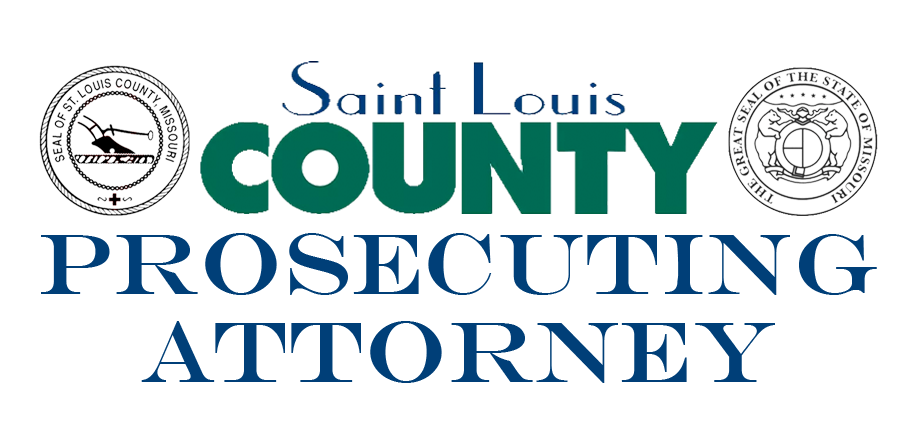
Prosecutor-Led Diversion means directing people away from incarceration and into treatment programs
#TreatmentNotPrison
“As prosecutors, our highest duty is to protect public safety.”

We know the largest category of offenders is re-offenders:
Numerous studies have shown a general pattern for first time offenders to escalate from low level, non violent acts to serious and violent crimes. This model intercepts people at a critical point where intervention can have a positive impact on the individual and public safety. If we’re serious about improving the well-being of our communities, prison should be the last resort.

We’re using data to drive policy and target root causes of crime:
Drug addiction, mental health and systemic poverty drive crime in our region. By intervening before people escalate to violence, diversion is the best tool prosecutors have for increasing public safety. This model has been successful in other cities and we’re collecting and analyzing the data so that we know what works best for St. Louis to produce the highest public safety possible.

We’re building positive outcomes for people and public safety:
We connect people with appropriate treatment and life-skills training and delay charging them with a crime. Because if they are successful in treatment, their future likelihood of committing a crime is greatly reduced. While monitoring their progress, we reserve the right to press charges if they demonstrate a threat to public safety and/or fail to comply with their treatment program(s).
In April 2019, Fox2 News profiled our efforts to expand Prosecutor Lead Diversion resources in St. Louis County.
CLAYTON, Mo. – The St. Louis County Prosecuting Attorney’s Office is taking a new approach towards non-violent offenders who struggle with mental illness or substance abuse. “We can’t incarcerate our way out of substance abuse; incarcerate our way out of mental health. We have to treat it," said St. Louis County Prosecuting Attorney Wesley Bell.
Prosecutor Led Diversion
“So many of the people who are arrested and then cross the prosecutor’s doorstep struggle with the illness of addiction and quite often have experienced some recent trauma. As prosecutors, it’s our duty to decide what charges to bring against people who are arrested or to not press any charges at all.
Our choice is the biggest factor in whether that person heads to outpatient treatment and group therapy or is locked behind prison bars, still suffering from an untreated medical condition.” - Wesley Bell
#StopCriminalizingIllness
#BellPlan #PLD

Criminalizing illness is one of the biggest challenges to increasing public safety:
America is locking up people who suffer from diseases like substance use disorder and a variety of mental health conditions. Prosecutor Led Diversion is a way to directly tackle some the biggest contributors to mass incarceration, and do so in a way that leaves both the individual and the community better off as a result.

83% of people released from prison will be arrested again. Incarceration isn’t making us safer.
2018 research from the Bureau of Justice Statistics studies have found high rates of recidivism among released prisoners. Examine the recidivism patterns of former prisoners during a 9-year follow-up period.

Missouri has the fastest growing female prison population: Over 75% are drug related.
75% of Missouri female prison admissions were for 120-day drug treatment, long-term drug programs, and violations of probation or parole technical violations (primarily substance abuse related violations).
Prosecutor Led Diversion relies on evidence based public health solutions:
Today there are too many people across our country who may be guilty of the crime we say they committed but who shouldn’t be locked up to face the sentence the old playbook says they need to serve. Our rules around crime and punishment beg to be rewritten with today’s perspectives — informed by the science and research and evidence based solutions we have available in 2019.

76% of people held in local jails suffer from both mental health problems and substance use disorders
Extensive research from the Bureau of Justice Statistics focuses on the increasing public health crisis in our jails

Only 17% of people in jail are provided with drug treatment & those programs have the lowest recovery rates
Journal of the American Academy of Psychiatry and the Law examines the inadequacy of resources for substance abuse
Prosecutor Led Diversion
“We can’t stop every bad choice that leads to a crime; but we can, institutionally, stop making bad choices after crimes have been committed.” - Wesley Bell
#BellPlan #PLD


